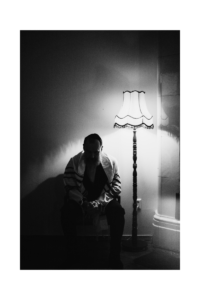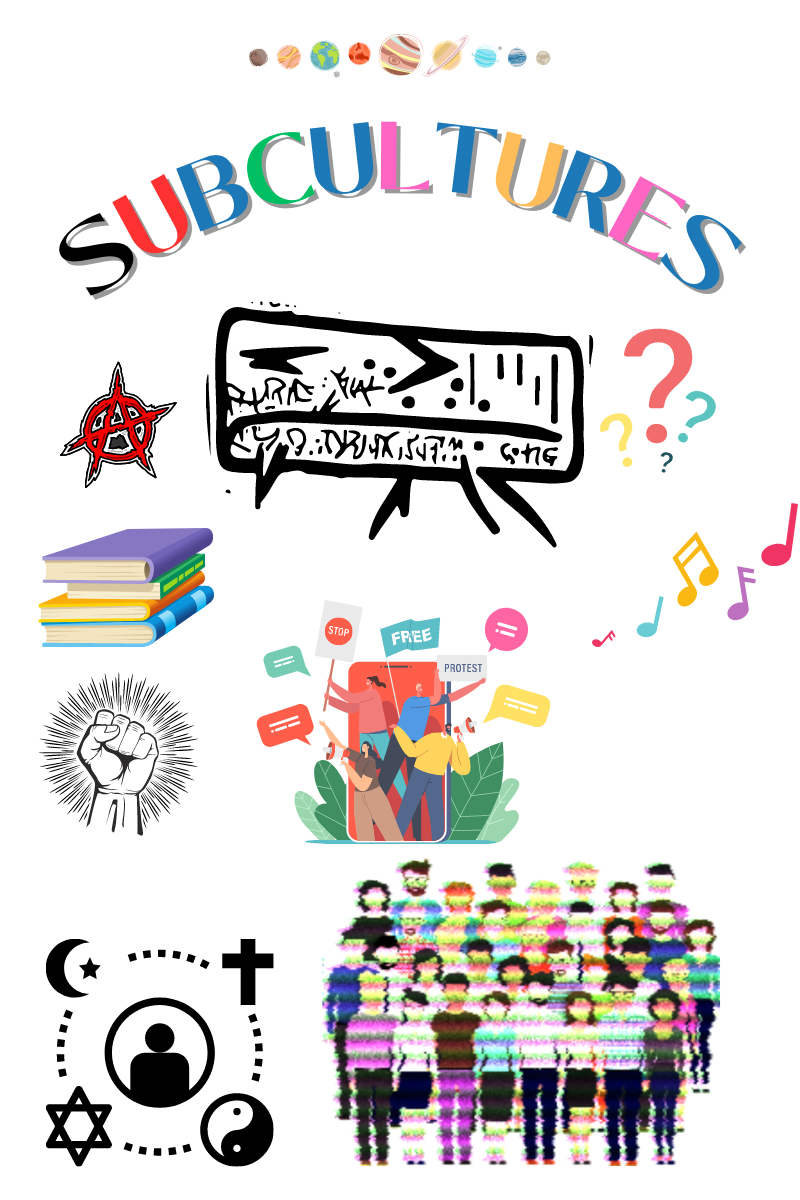
Hikikomori is a Japanese term for the phenomenon of reclusive adolescents or adults who withdraw from social life, often completely. Hikikomori literally means “pulling inward, being confined”. Affected individuals may refuse to leave their parents’ house, not work or go to school and isolate themselves from society and family in a single room for a period exceeding six months. It is mainly males who are affected.
Not only a Japanese issue
While the term Hikikomori originally referred specifically to young people in Japan, there is evidence that the practice, or something very similar, is spreading to other countries, including the United States. The American Mind says “a troubling trend of social isolation is afflicting young adults globally.”
The Covid-19 pandemic, when lockdowns forced people to spend most of their time indoors, is a contributing factor. When people spend unusual amounts of time indoors, they may experience anxiety about returning to normal life.
However, other elements such as social media and gaming may also play a role. We’re also living in an age in which it’s easy to get anything, including meals and groceries, delivered to your door. And more people have the option of working at home. So, put simply, people don’t need to leave the house nearly as much as they did even 10 years ago.
Some have also linked the global phenomenon to declining testosterone levels, although this has not been proven. The exact causes of hikikomori are unknown, but it is thought to be a complex interplay of factors, including genetic, psychological, and environmental.
What Causes People to Become Socially Isolated?
Hikikomori is an extreme and long-term form of social isolation. Some of the possible causes include:
- Mental health problems, such as depression, anxiety, or social phobia. The term agoraphobia, or fear of open spaces, is related.
- Bullying or other traumatic experiences.
- Family problems, such as parental divorce or neglect.
- Pressure to succeed in school or work.
- Cultural factors, such as the emphasis on conformity and group harmony in Japanese society.
- More diversions and conveniences are available without leaving the house.
Hikikomori can have a significant impact on the individual’s physical and mental health, as well as their relationships with family and friends. It can also lead to financial problems, as the hikikomori may be unable to work or contribute to the household.
Hikikomori is a complex issue, having both personal and societal elements. There’s no simple “cure,” as it’s not actually a disease but a set of symptoms. There is no one-size-fits-all treatment for hikikomori, but there are a number of approaches that can be helpful. These include:
- Cognitive-behavioral therapy (CBT) can help the individual to challenge negative thoughts and beliefs about themselves and the world.
- Family therapy can help to improve communication and understanding between the hikikomori and their family members.
- Social skills training, which can help the individual to develop the skills they need to interact with others.
- Medication, such as antidepressants or anti-anxiety medication, can help to improve the individual’s mood and reduce anxiety.
